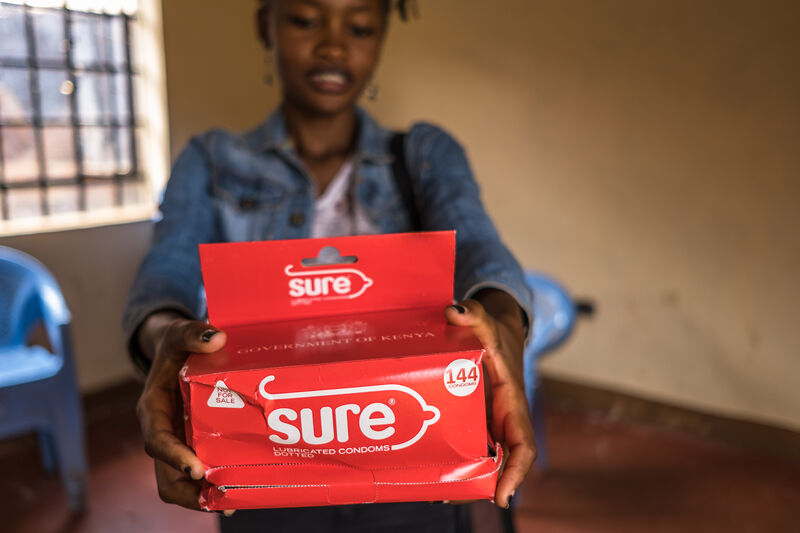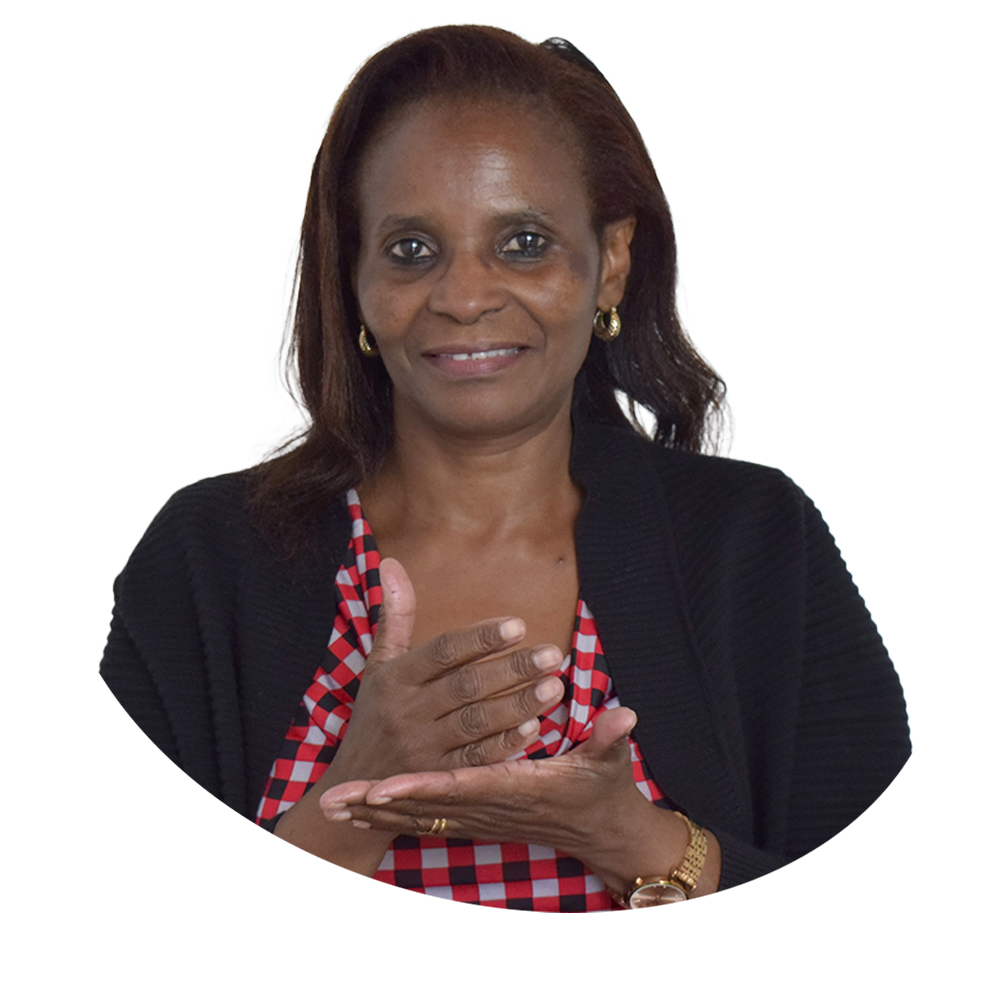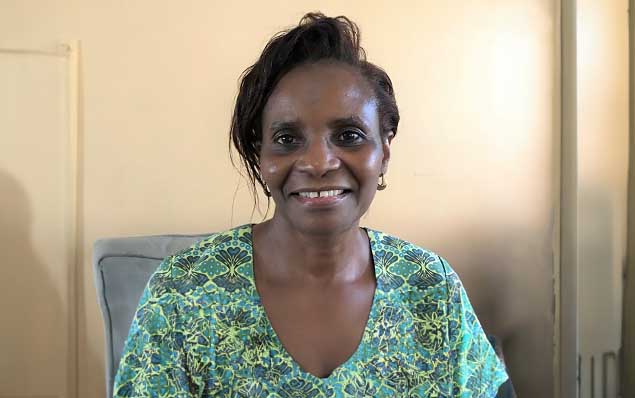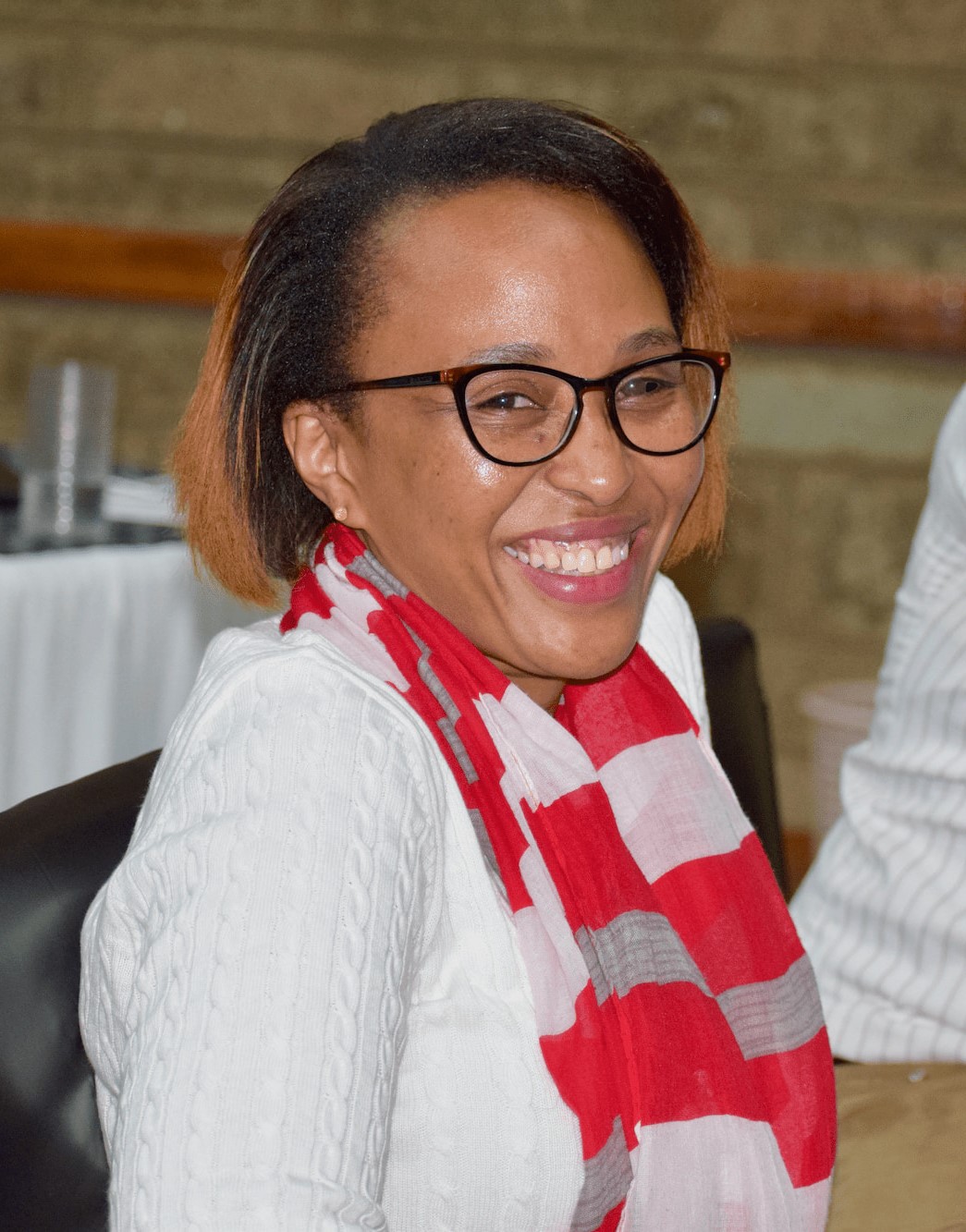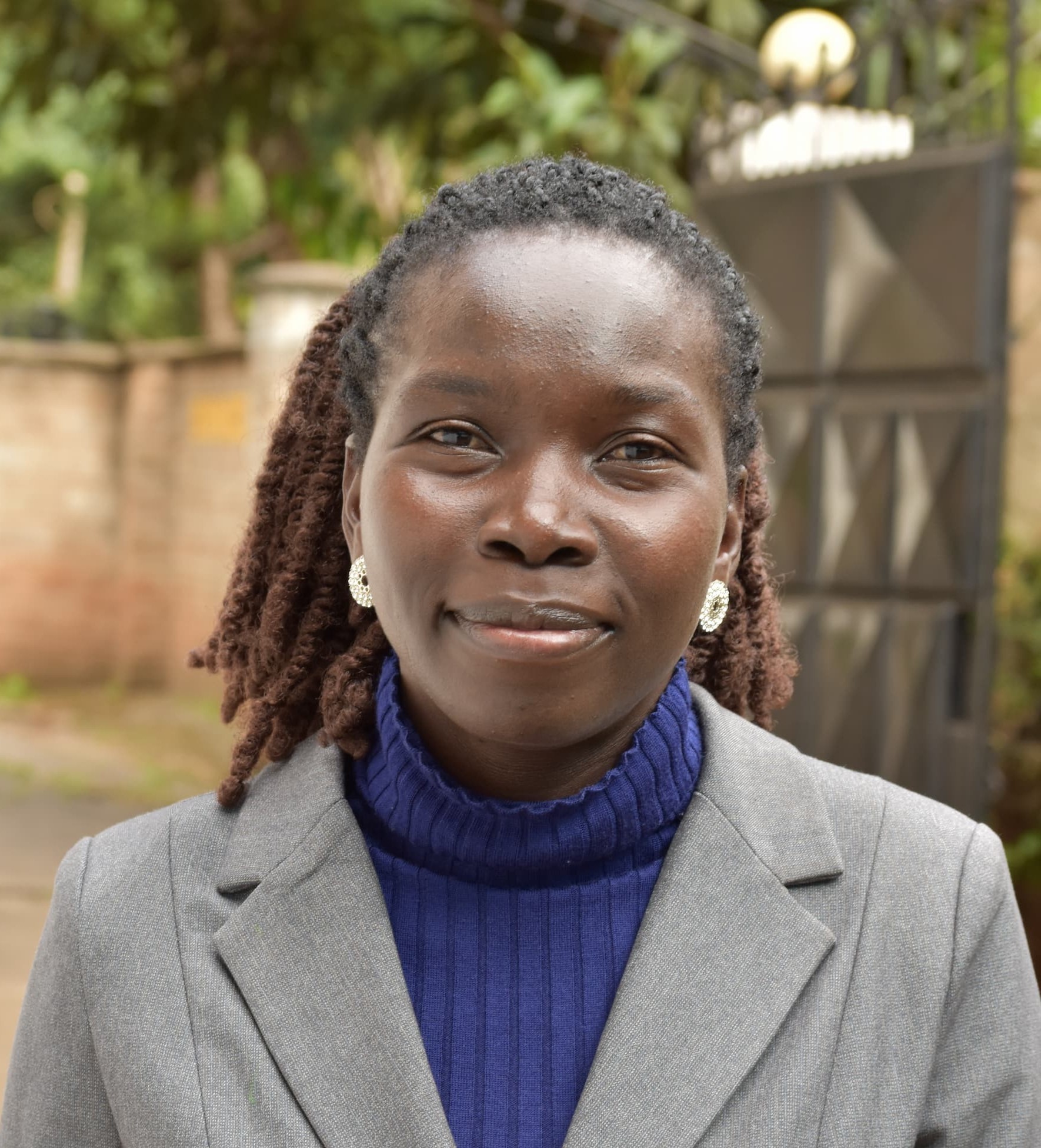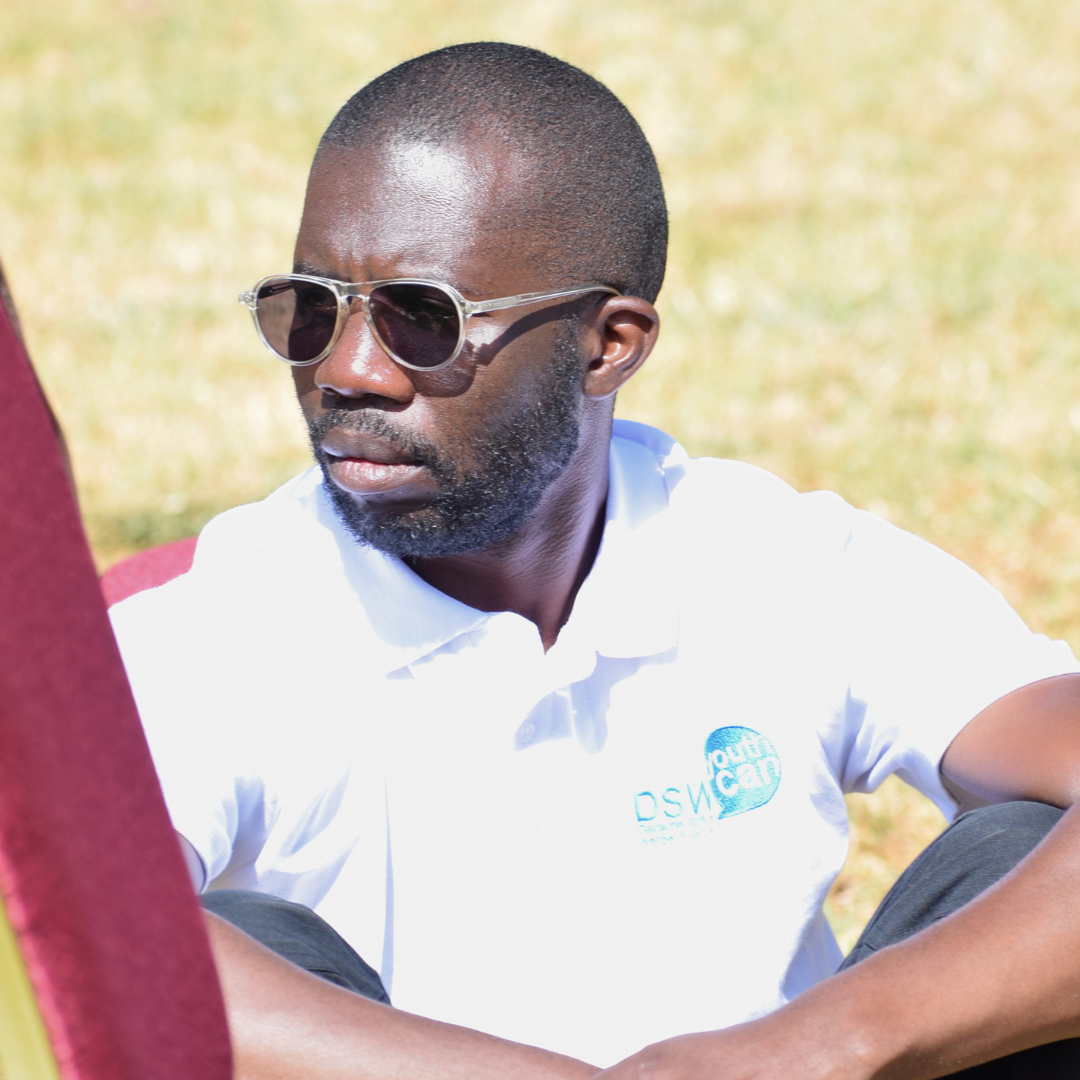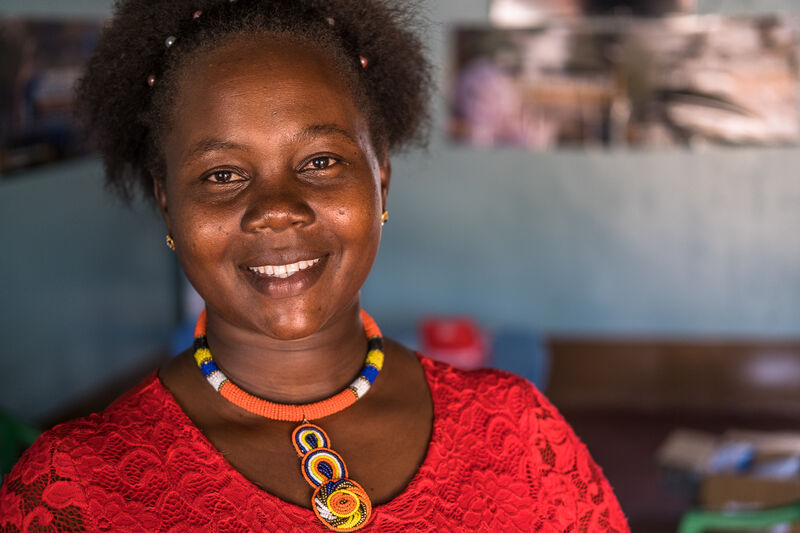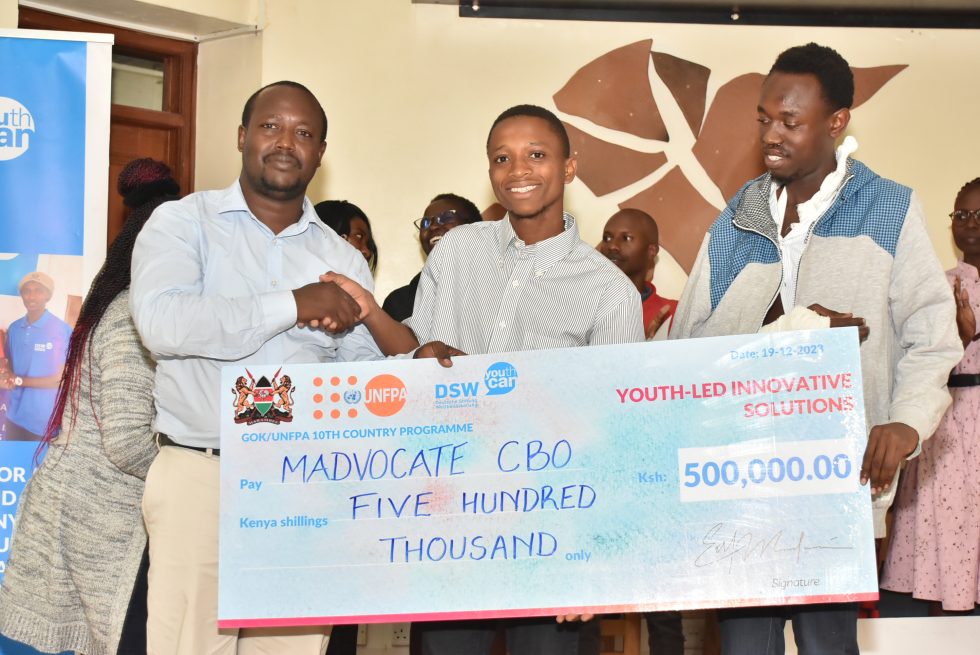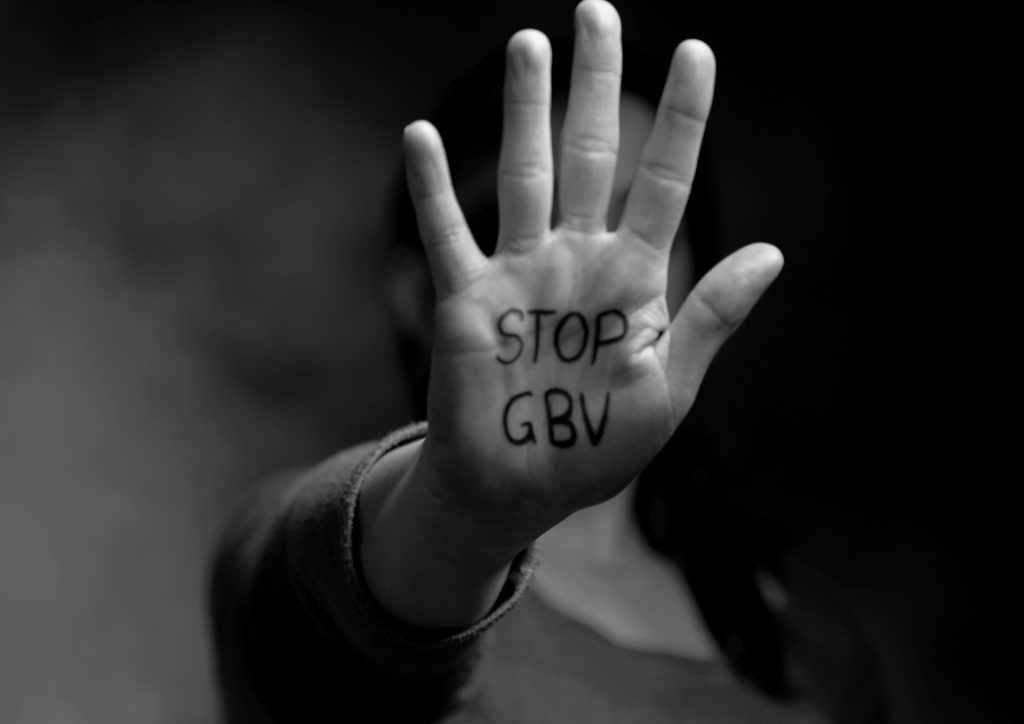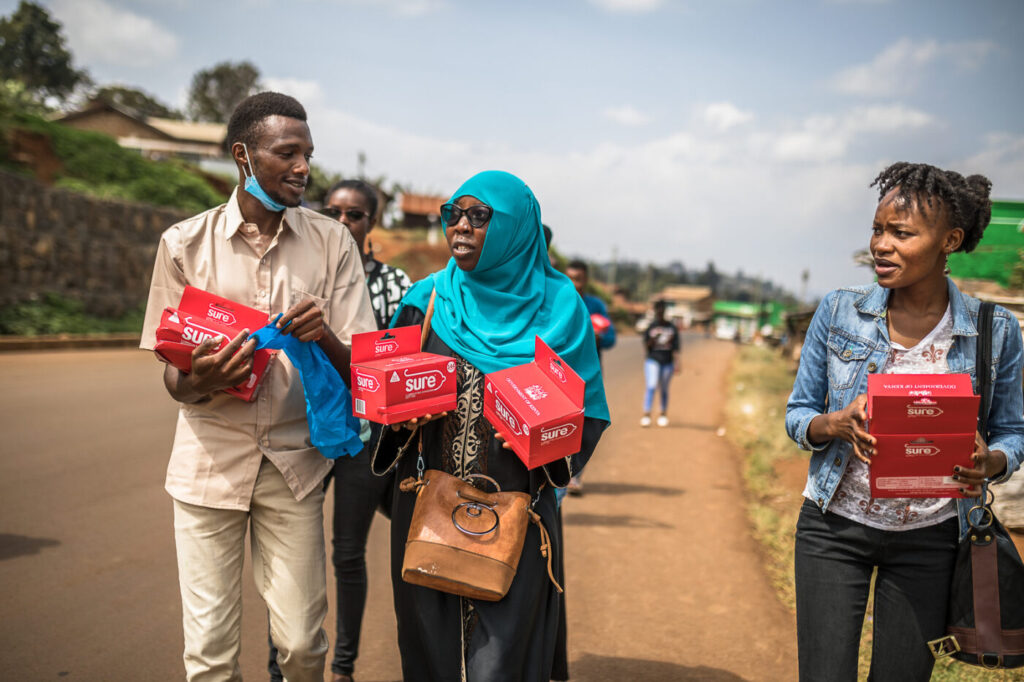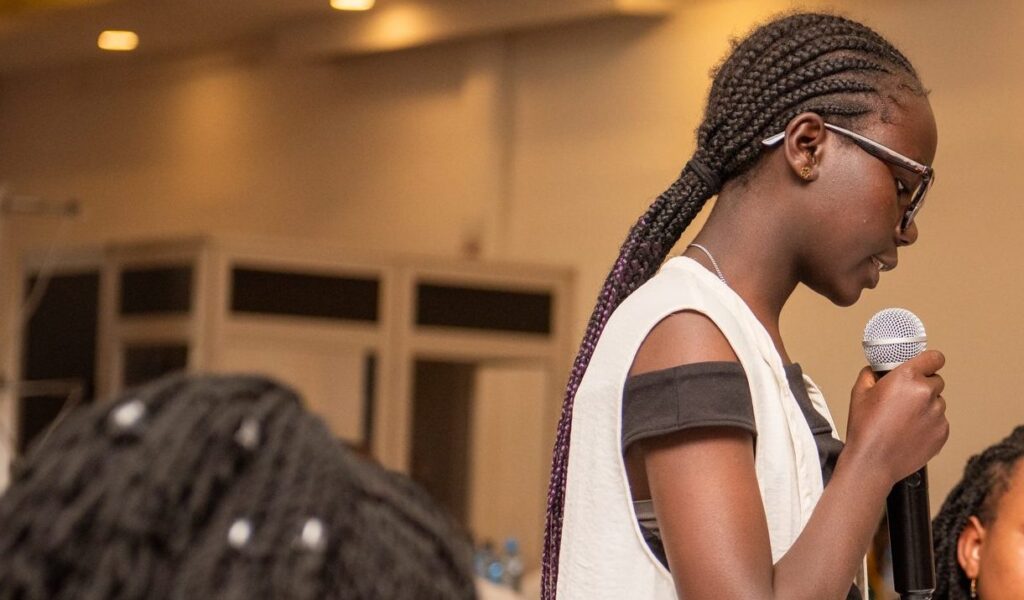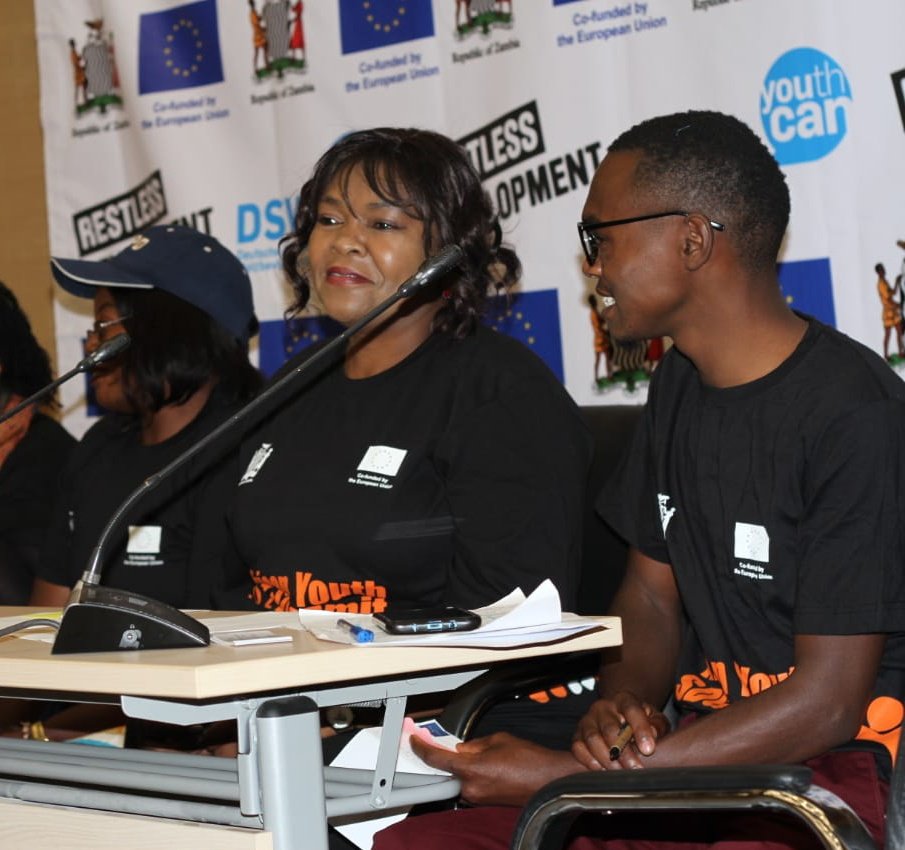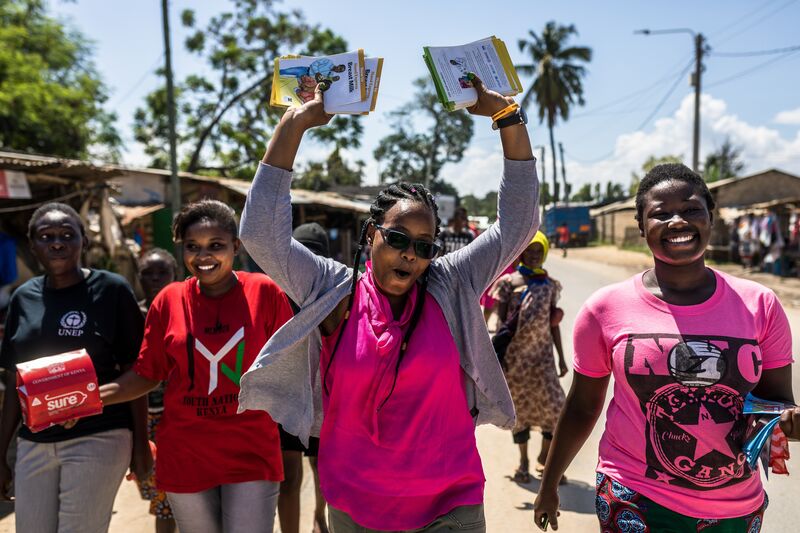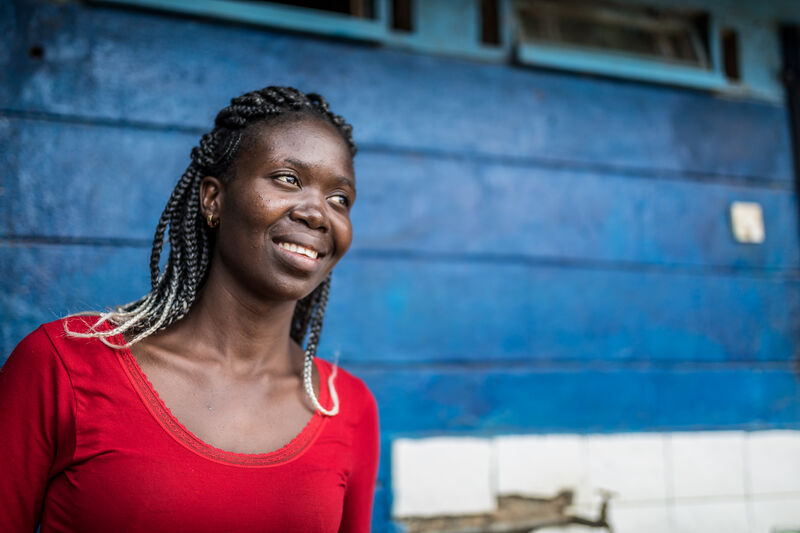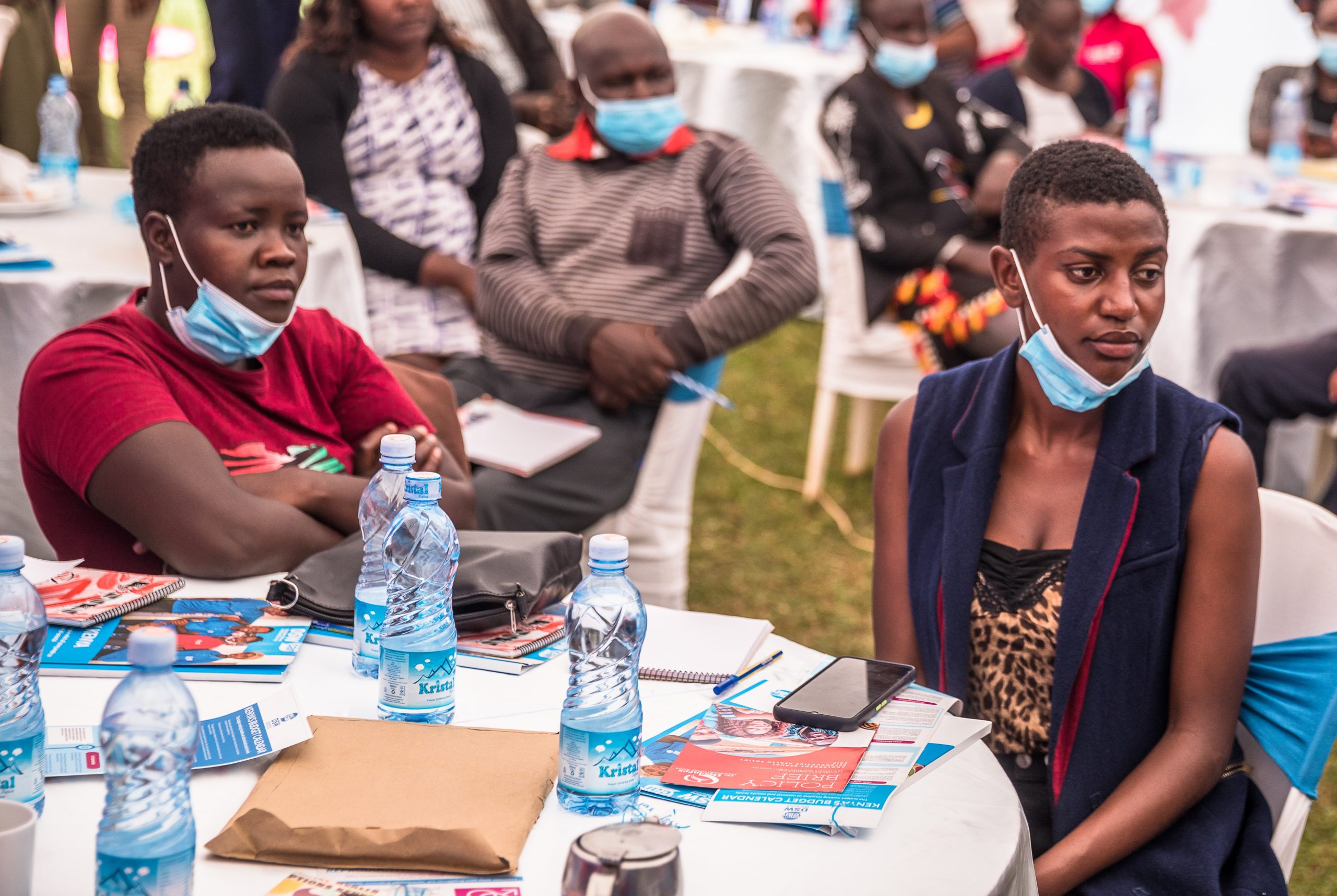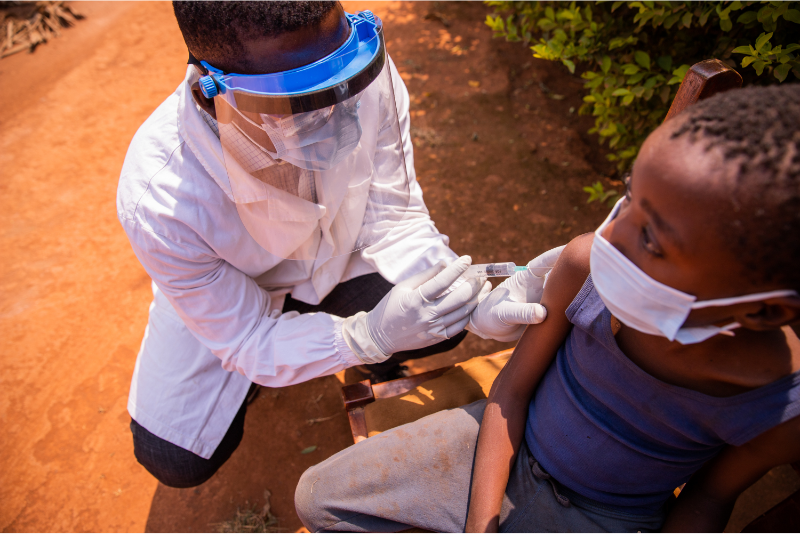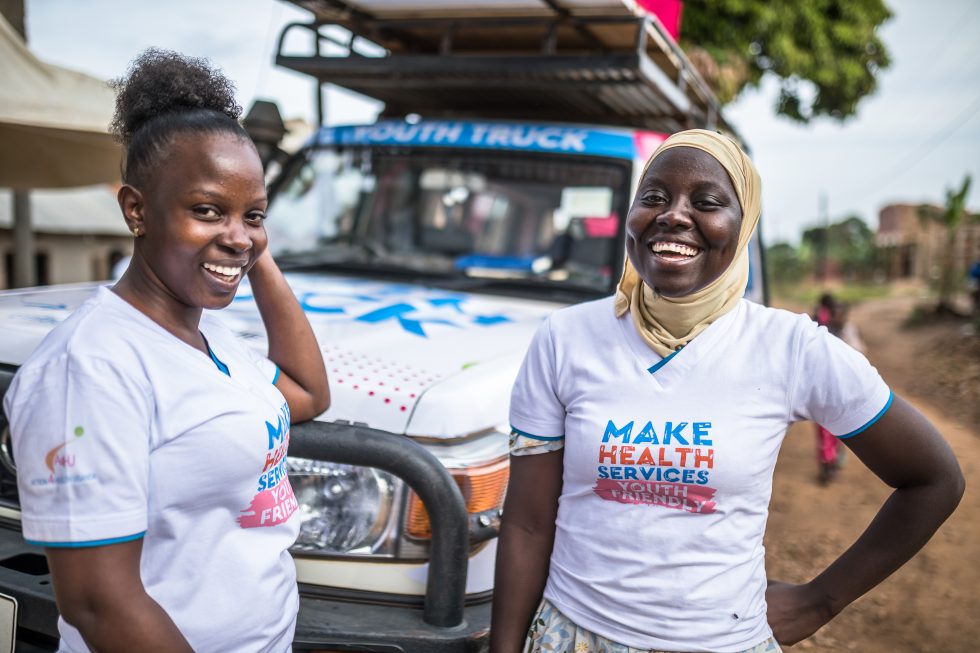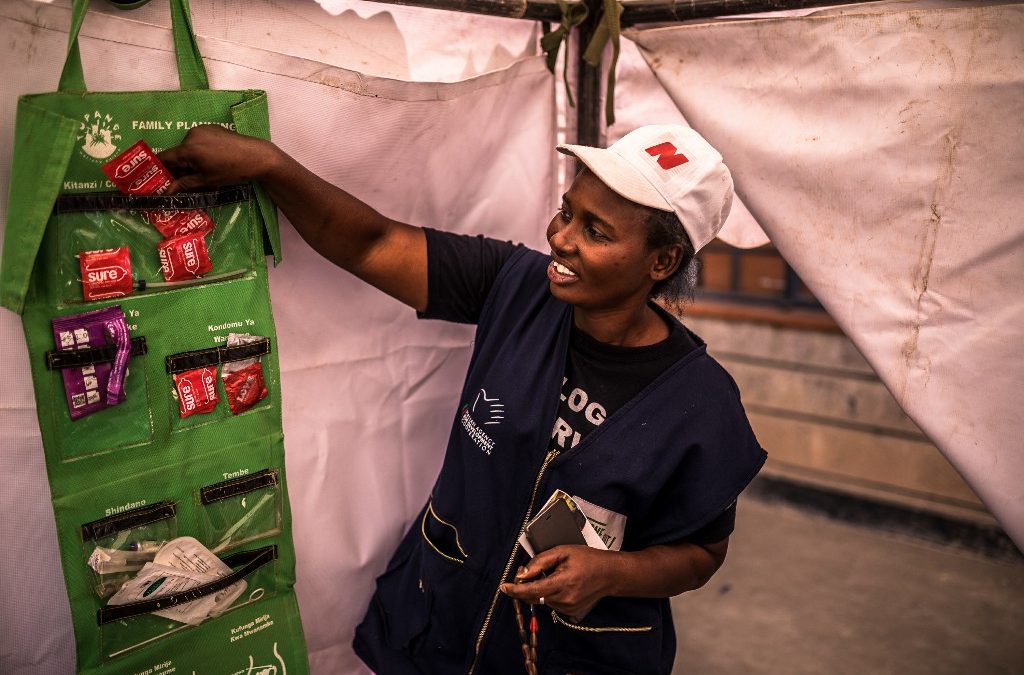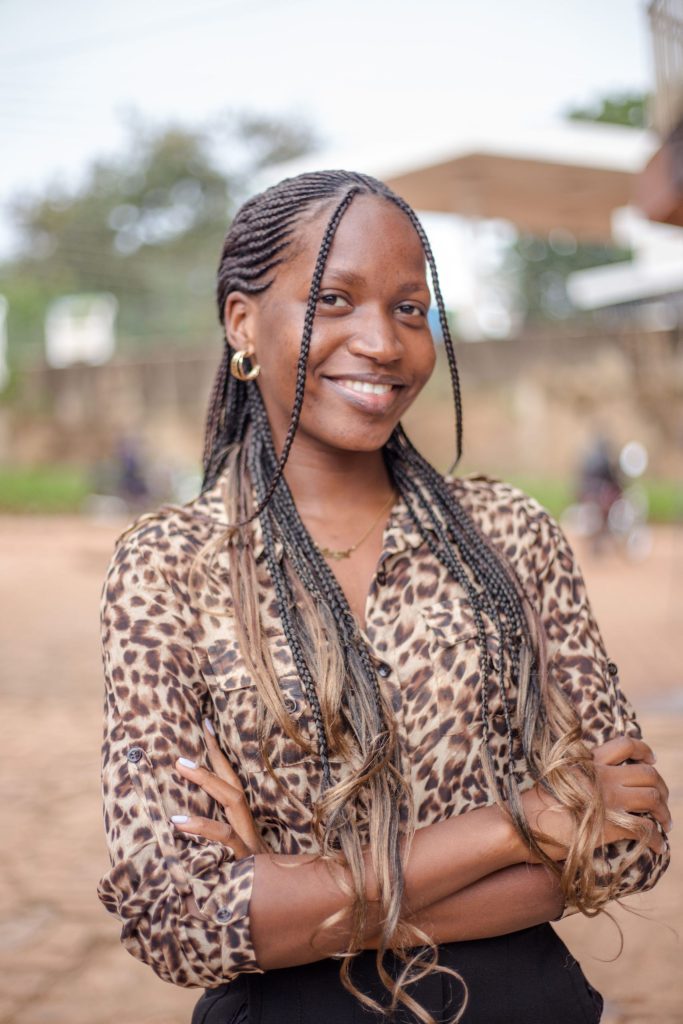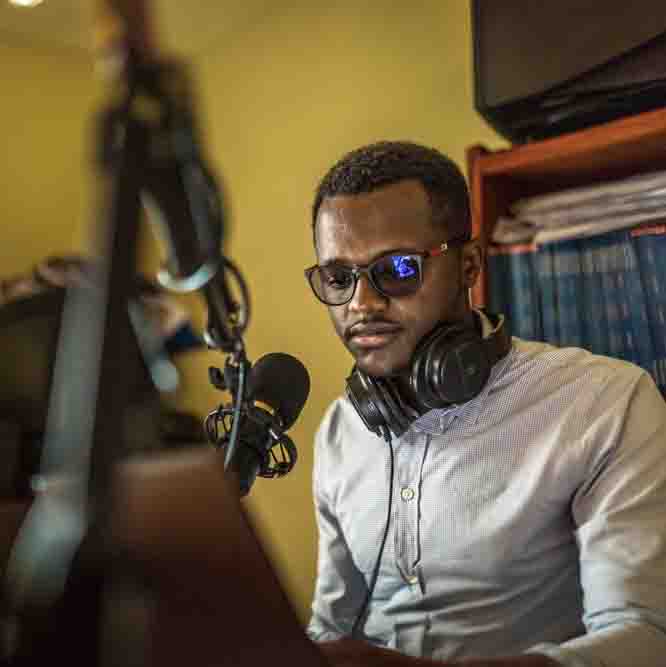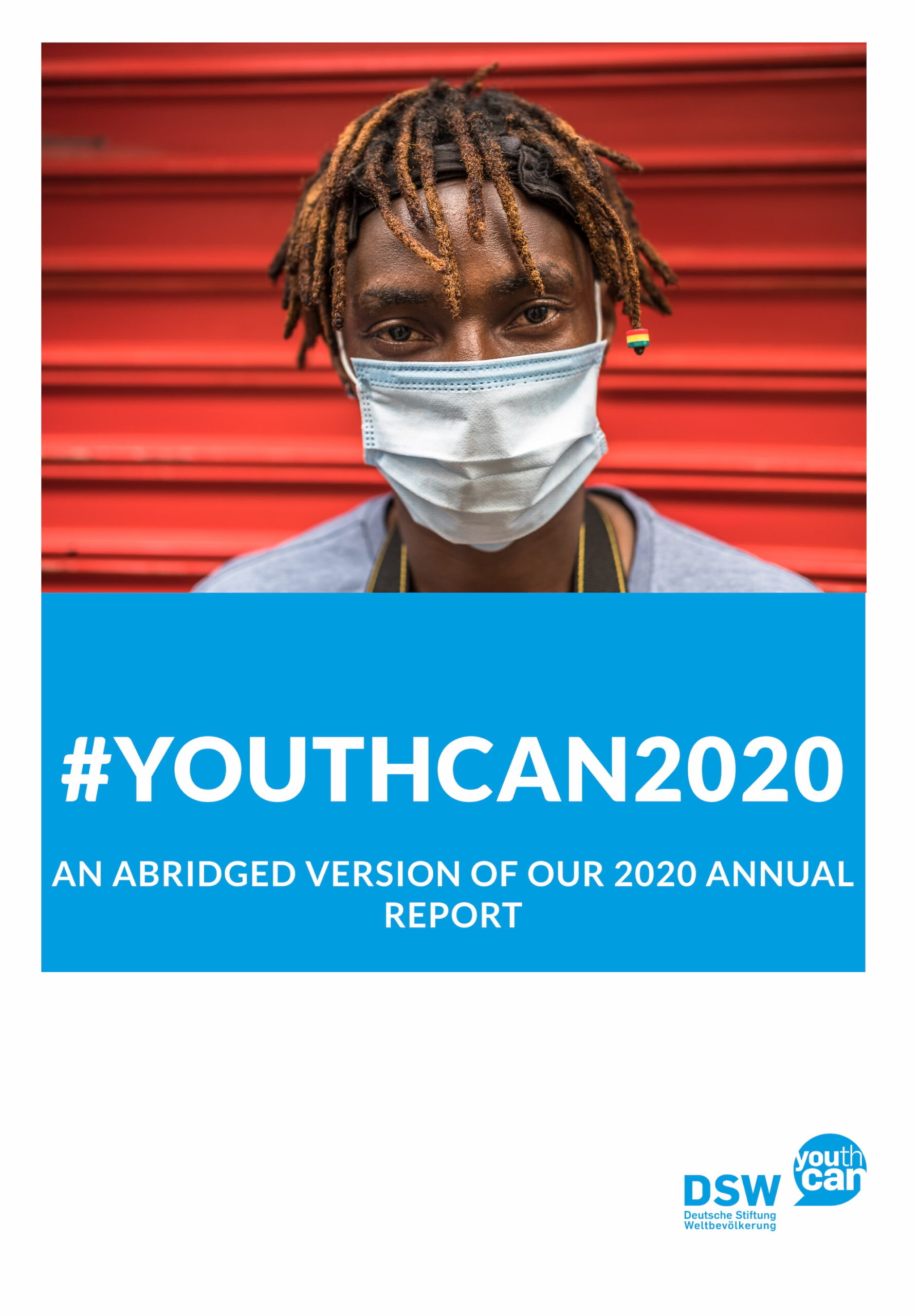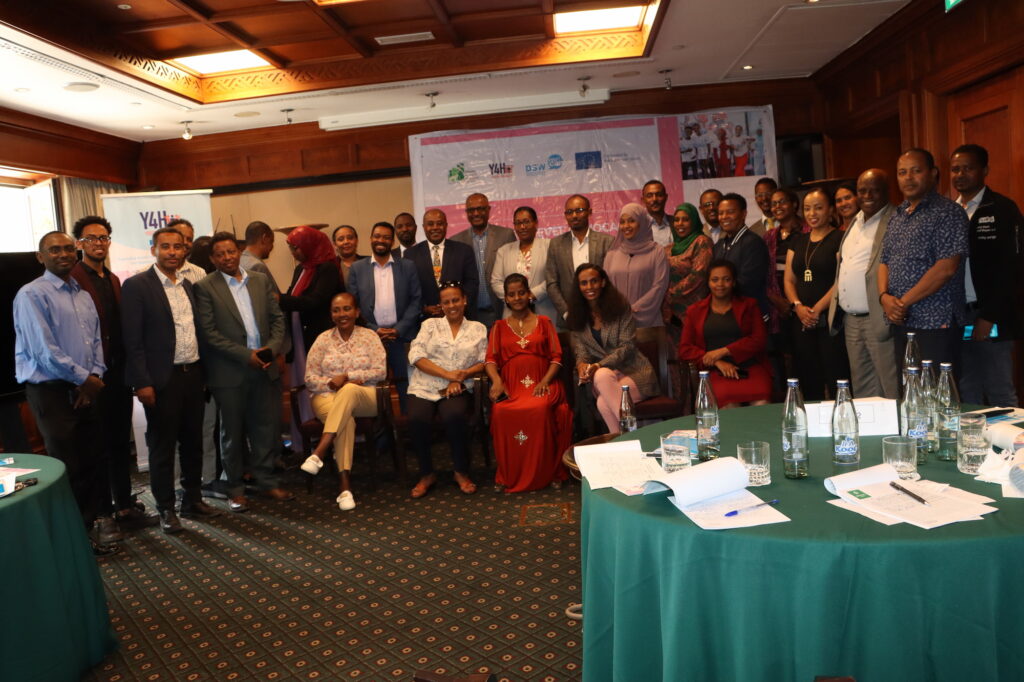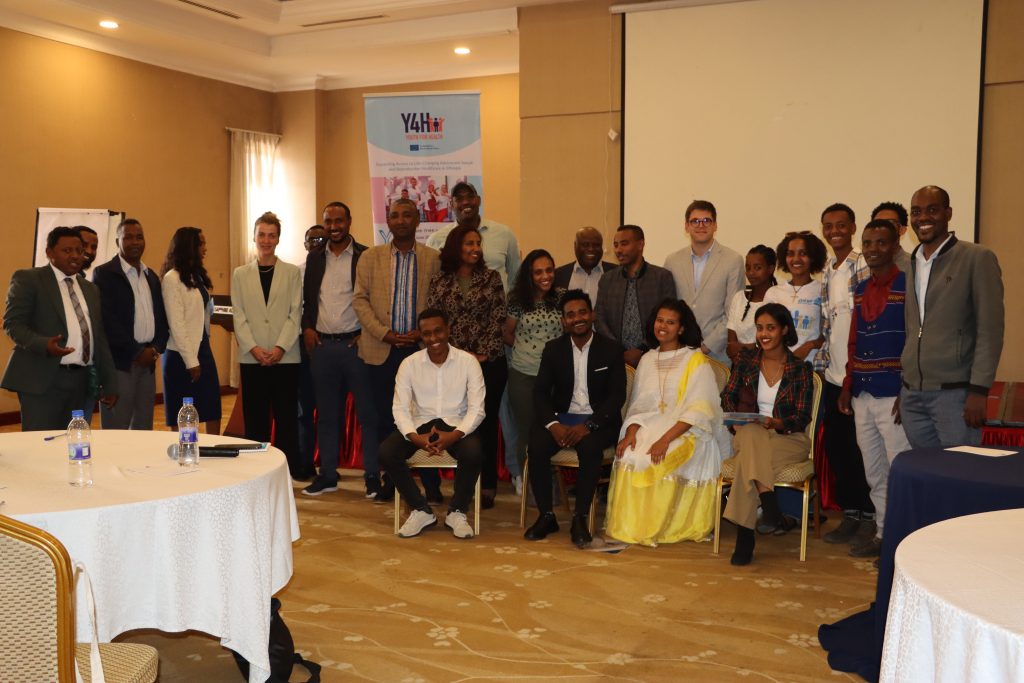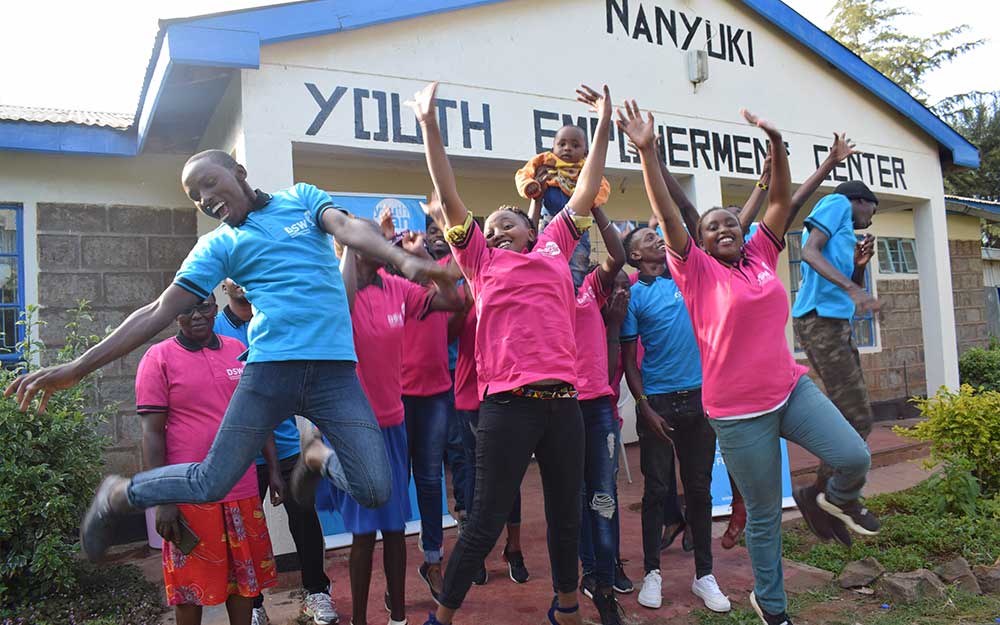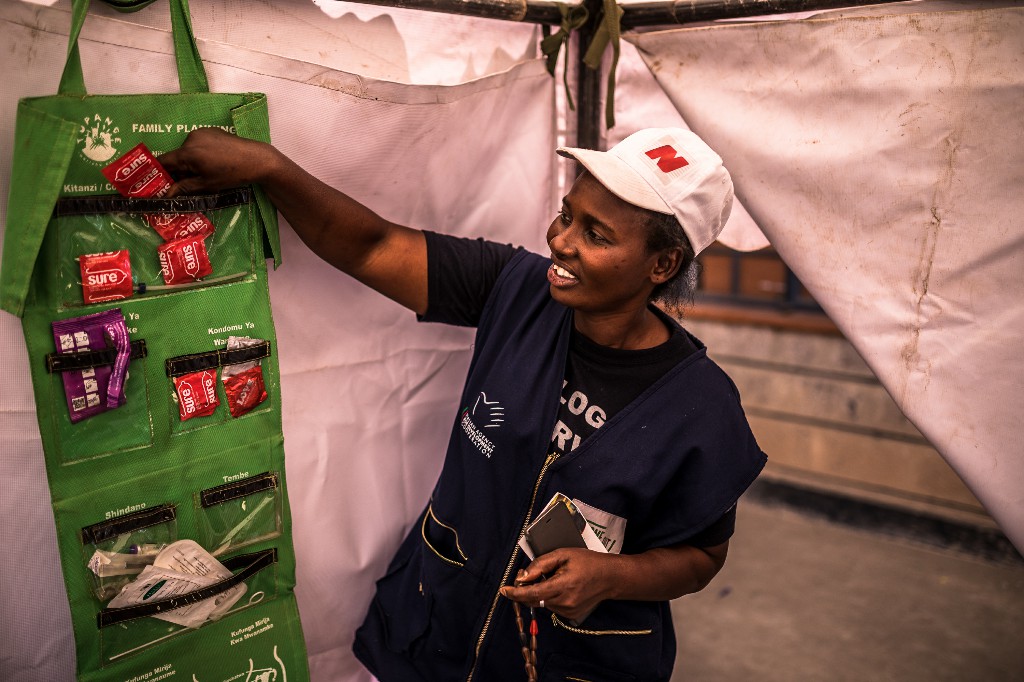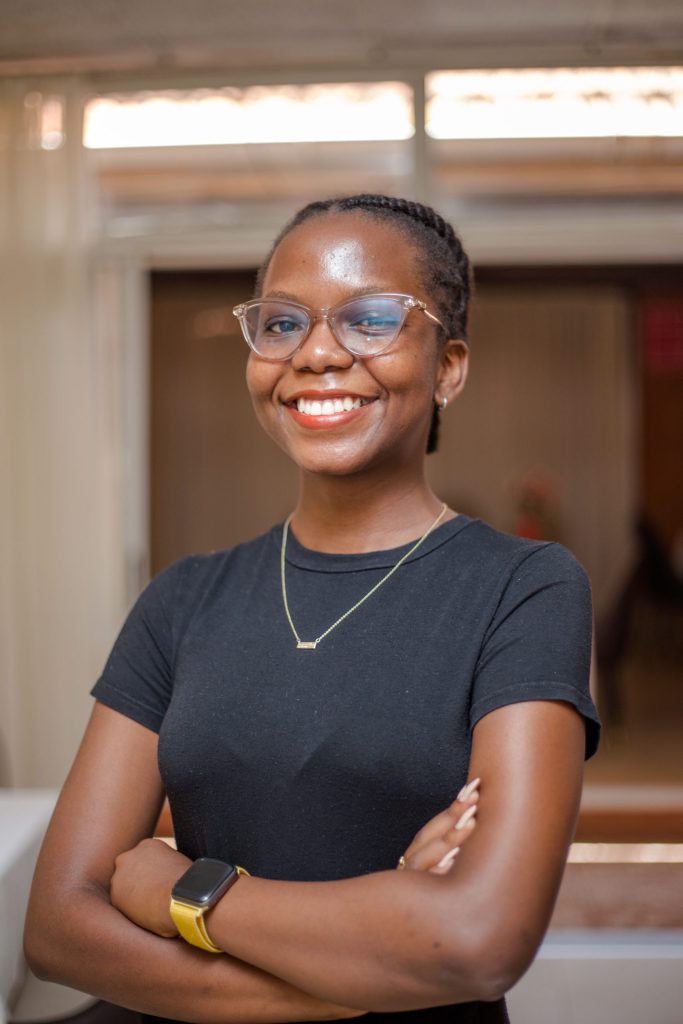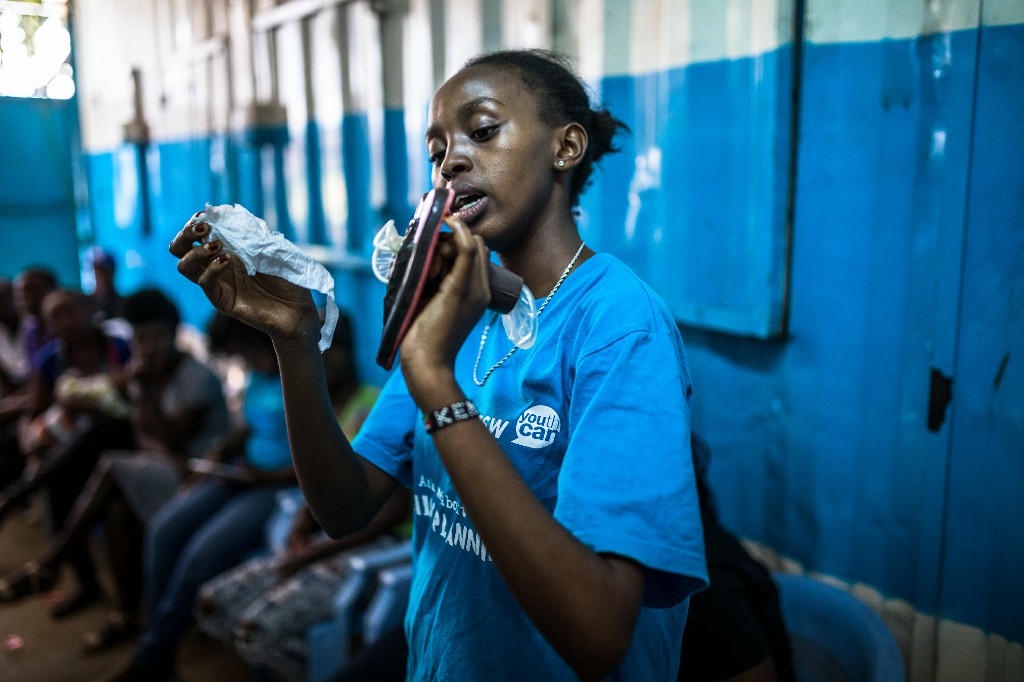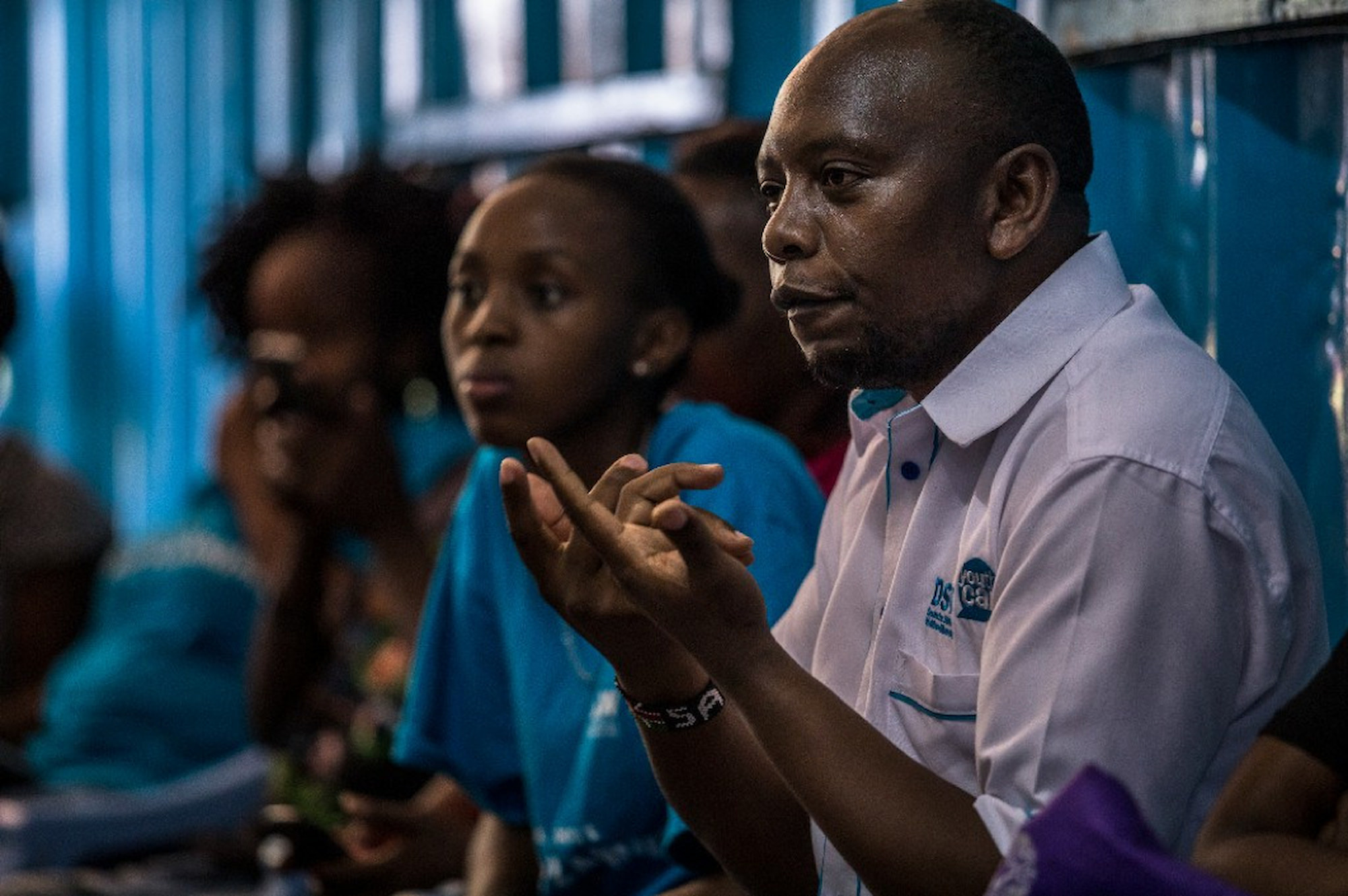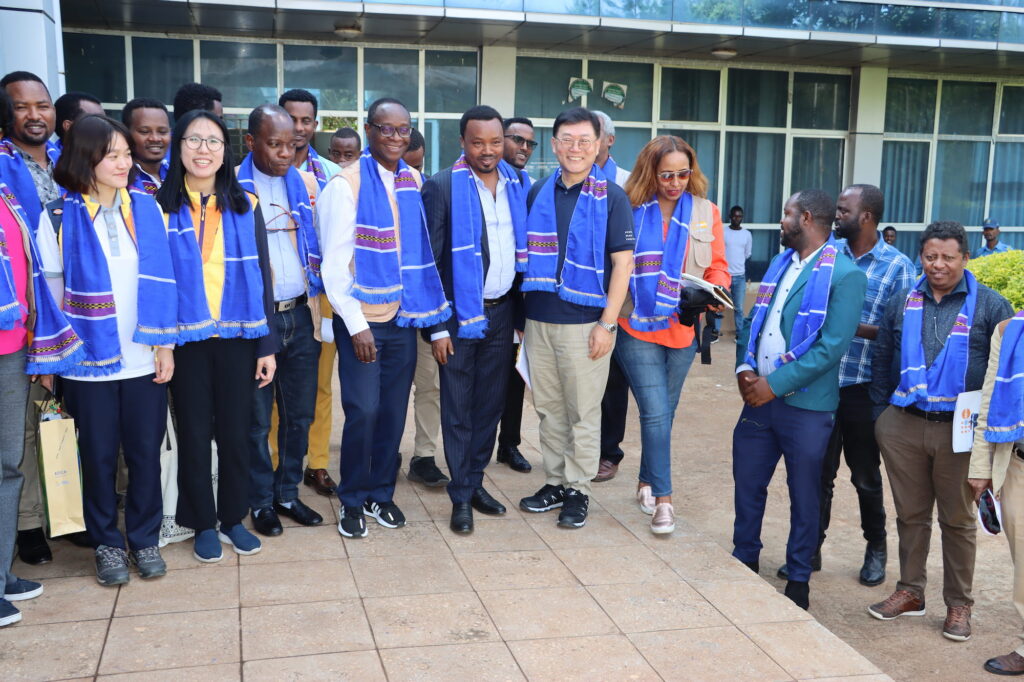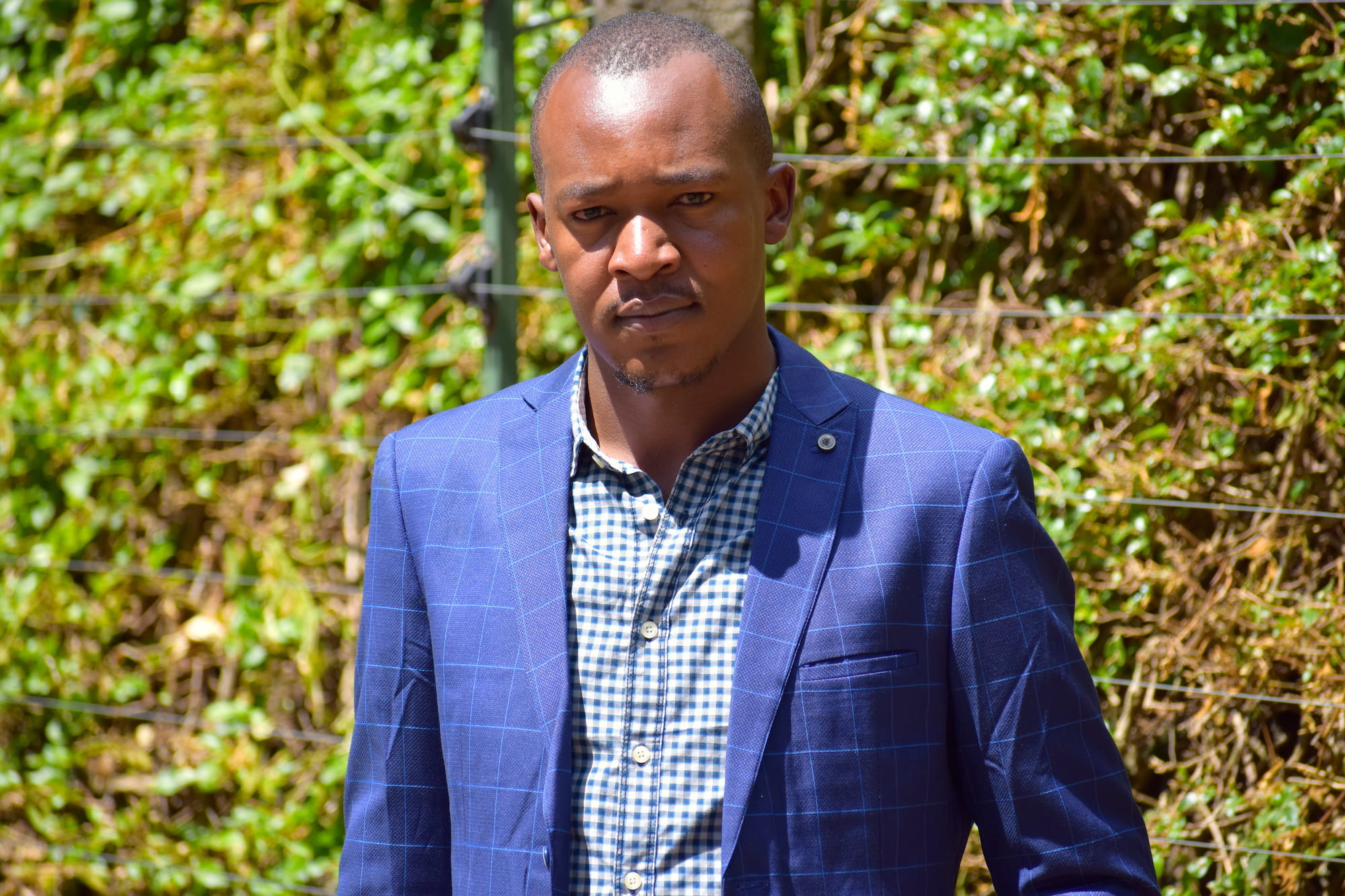Investments for family planning in DSW partner counties in Kenya remains steady, a budget analysis conducted by Deutsche Stiftung Weltbevölkerung (DSW) shows.
The budget analysis, conducted in October 2019, examined county appropriation bills, programme based budgets, annual work plans and national and county Policies in support of family planning.
Findings
The County Government of Bungoma does not have a budget line for family planning in the 2019/2020 programme based budget. However, indirect family planning allocation by the County Government of Bungoma was estimated at KES. 131,348,856 (1,313,488 USD). Read more…
The County Government of Kilifi has a budget line for family planning for FY 2019/2020 in the county’s Programme Based Budget with an allocation of KES. 7,802,099. Additionally, indirect family planning allocation* by the Kilifi County Government was estimated at KES. 197,093,028 (1,970,930 USD). Read more…
The County Government of Laikipia has a budget line for family planning for FY 2019/2020 with an allocation of KES 1,351,000 (13,510 USD) in the county’s programme based budget. Additionally, indirect family planning allocation by the County Government of Laikipia was estimated at KES. 86,450,574 (864,505 USD). Read more…
The County Government of Meru does not have a budget line for family planning for FY 2019/2020 in the 2019/2020 programme based budget. However, indirect family planning allocation by the County Government of Meru was estimated at KES. 260,675,244 (2,606,752 USD). Read more…
The County Government of Mombasa does not have a budget line for family planning for FY 2019/2020 in the 2019/2020 programme based budget. However, indirect family planning allocation by the County Government of Mombasa was estimated at KES. 167,925,673 (1,679,256 USD). Read more…
The County Government of Nakuru does not have a budget line for family planning for FY 2019/2020 in the 2019/2020 programme based budget. However, indirect family planning allocation by the County Government of Nakuru was estimated at KES.396,516,786 (3,965,167 USD). Read more…
The County Government of Nandi does not have a budget line for family planning for FY 2019/2020 in the 2019/2020 programme based budget. However, indirect family planning allocation by the County Government of Nandi was estimated at KES. 124,277,962 (1,242,779.62). Read more…
The County Government of Nyandarua does not have a budget line for family planning for FY 2019/2020 in the 2019/2020 programme based budget. However, indirect family planning allocation by the County Government of Nyandarua was estimated at KES. 99,280,100 (992,801 USD). Read more…
The County Government of Trans Nzoia does not have a budget line for family planning for FY 2019/2020 in the 2019/2020 programme based budget. However, indirect family planning allocation by the County Government of Trans Nzoia was estimated at KES. 167,984,064 (1,679,840 USD). Read more…
The County Government of Uasin Gishu does not have a budget line for family planning for FY 2019/2020 in the 2019/2020 programme based budget. However, indirect family planning allocation by the County Government of Uasin Gishu was estimated at KES. 135,167,797 (1,351,677 USD). Read more…
The County Government of West Pokot does not have a budget line for family planning for FY 2019/2020 in the 2019/2020 programme based budget. However, indirect family planning allocation by the County Government of West Pokot was estimated at KES. 47,372,693 (473,726 USD). Read more…
Methodology
Budgetary allocation for family planning by county governments was not always available during the analysis, since most counties do not have family planning specific line items. This necessitated the use of costing methods to estimate amount allocated for family planning at that level. The data collected derived workload statistics for: family planning services & all other service, staff time utilization family planning and where relevant staff time utilization for maternal and child health/family planning.
• All workloads were converted in outpatient visits equivalent: i.e. one inpatient-day or one bed-day was assumed to be equal to 4 outpatient visits
• All the bed-days encompassing inpatient and maternity services were converted into outpatient visits and added to all outpatients’ visits to obtain total workload equivalent.
• The family planning percentage was then obtained by dividing total family planning visits by total workload equivalent visits.
• This was done for every county for the period 2015/16, 2016/17 ,2017/18, 2018/19.
• A trend analysis was determined, and an average growth was used to generate the proportions for FY 2019/20
• The proportions were then used to derive the allocations to FP services in each county using the percentage of family planning workload in total workload in the county.
• The county allocation to health multiplied by family planning percentage to get an estimate of County Government allocation to family planning in each of the financial years.
Note: The workload data in each county was obtained from the Kenya DHIS-2
Advocacy for domestic family planning investments
DSW works in partnership with civil society organisations, youth-led advocacy networks, the national government and county governments in Kenya to advocate for increased funding from national and county governments in Kenya to address the unmet need for family planning. DSW’s advocacy work in Kenya is implemented in West Pokot, Kilifi, Laikipia, Meru, Mombasa, Nakuru, Nyandarua, Nandi, Bungoma, Trans Nzoia and Uasin Gishu counties.
Conducting budget analyses is one of the ways in which we generate evidence to support our advocacy work.
Through advocacy, we aim to mobilize more and better funds from key European donors (Germany and The European Union) as well as from east African governments (Kenya, Tanzania, Uganda) to support family planning.
Investing in family planning is key for Kenya’s quest to be a newly industrialising, middle-income country, providing a high-quality life to all its citizens by the year 2030. Our Kenya country director Evelyn Samba explains how in this article.
The effect of COVID-19 on family planning investments
In light of COVID-19, DSW is working with like-minded organisations to secure and maintain funding for reproductive health and family planning in Kenya. A recent report from the Kenya Health Information System (KHIS) published by the council of governors, showed that the response to COVID-19 is already negatively impacting critical areas of healthcare in Kenya including reproductive health and family planning.
